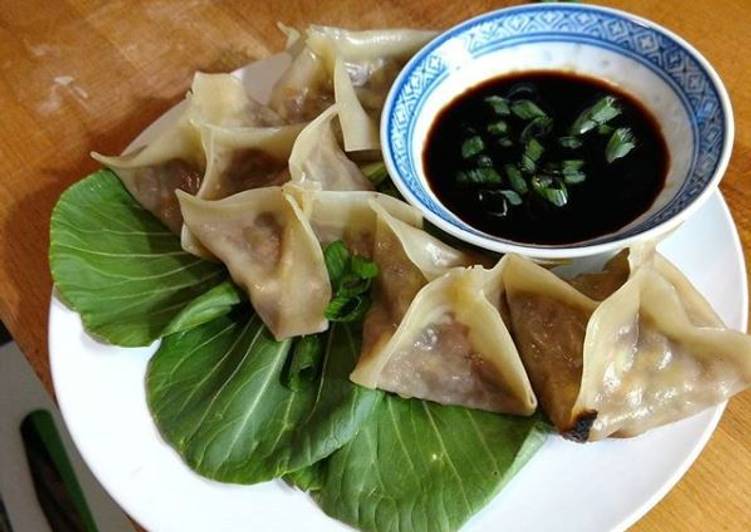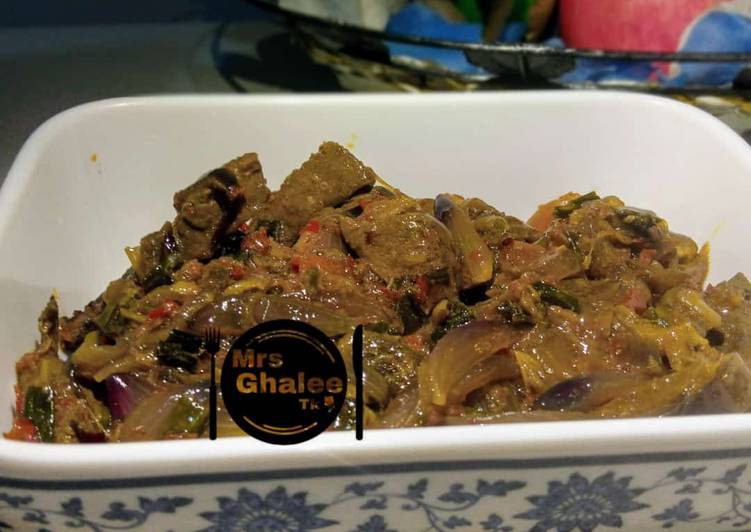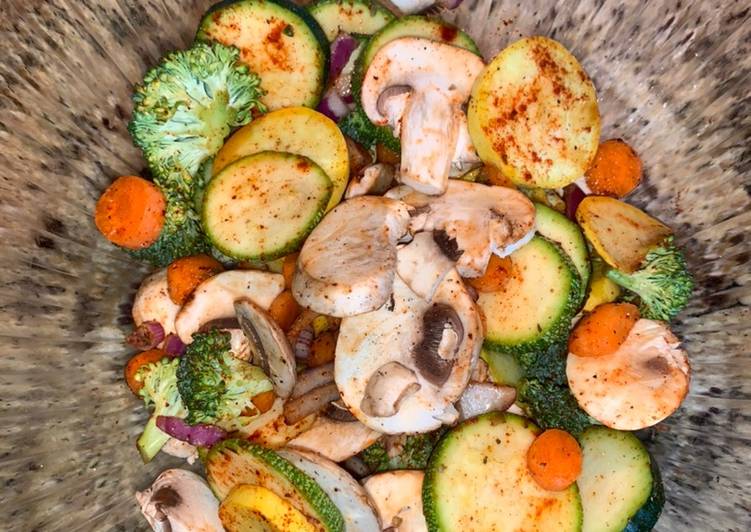
Hello everybody, I hope you’re having an amazing day today. Today, we’re going to make a distinctive dish, pot-stickers (gyoza). One of my favorites. This time, I am going to make it a bit tasty. This will be really delicious.
Pot-stickers (Gyoza) is one of the most popular of current trending meals in the world. It’s simple, it’s quick, it tastes delicious. It’s enjoyed by millions every day. Pot-stickers (Gyoza) is something that I’ve loved my whole life. They are fine and they look fantastic.
How Gyoza and Potstickers Are Different. Japanese gyoza do have some general, subtle differences from potstickers. They are usually made from pre-fabricated wrappers that.
To get started with this particular recipe, we must first prepare a few ingredients. You can cook pot-stickers (gyoza) using 14 ingredients and 4 steps. Here is how you can achieve it.
The ingredients needed to make Pot-stickers (Gyoza):
- Make ready Some won-ton wrappers (don't be a jackass, just buy them)
- Take about 1/2 a pound of any meat you want (ground or chopped fine) (if using whole beef primal/subprimal, I recommend cooking ahead of time)
- Make ready Baby Bok choy, chopped fine
- Take 3-4 cloves garlic minced
- Prepare 1 big knob of ginger, diced fine
- Get Juice of a lime
- Take 1 spoon sambal (garlic-chili paste)
- Make ready 1/2 bunch chopped green onion
- Take 1 glug of soy sauce, mirin, rice vinegar
- Make ready light drizzle of toasted sesame oil
- Take Pepper, red pepper flake
- Make ready vegetable oil
- Get 2-3 tablespoons water
- Get 1 knob butter
Beef Pot Stickers (Gyoza). by Natalie. Gyoza are also known as Japanese potstickers, made with round wonton wrappers that are called gyoza wrappers. Written by. · Potstickers - Homemade potstickers are easier to make than you think, and they Gyoza are Japanese dumplings filled with moist and juicy ground pork and vegetables. Potstickers, wontons, and gyoza are all dumplings found in Asian cuisine.
Steps to make Pot-stickers (Gyoza):
- Combine all of the ingredients with the exception of water, oil, butter and the won ton wrappers (smartass). Set aside in the fridge covered in plastic (this can be done ahead of time)
- Place a small spoonful (1 teaspoon-ish?) of the filling in the center of a won ton wrapper. Dip your finger in some warm water and run along the edges of the wrapper. You don't want it sopping wet, just sticky. Bring up all of the corners, working in a counter-clockwise fashion (it doesn't matter, thats just how I do it) and pinch the seams together, ensuring you press out all of the air, and the pot-stickers are sealed completely. Set these aside under a damp kitchen towel until ready.
- Bring a small drizzle of oil to temperature over medium/medium-high heat and place in the pot-stickers. Let fry until the bottoms begin to turn golden brown. Once achieved, dump in approximately 2-3 tablespoons of water and immediately cover. Steam for 3 minutes.
- Blot out any excess water and quickly add a bit of butter. Fry for a bit longer, continually checking the bottoms of the won tons to ensure you are not burning them (ride the heat throttle to compensate). Once they are fried to your liking, remove to a paper towel lined plate and serve with soy sauce and more sliced green onion!
Gyoza: Gyoza is the Japanese version of potstickers, except they follow a more consistent shape (long and thin) and has. Gyoza, or potstickers, are a huge hit in my household. We enjoy this recipe so much that sometimes our entire meal consists only of potstickers. Pork Gyoza potstickers with my own sauce concoction of duck sauce, soy sauce, and sambal oelek. Gyoza are a dumpling made with a seasoned vegetable and meat (or just vegetable) filling.
So that is going to wrap this up with this exceptional food pot-stickers (gyoza) recipe. Thanks so much for your time. I’m sure you will make this at home. There’s gonna be interesting food at home recipes coming up. Don’t forget to save this page on your browser, and share it to your loved ones, colleague and friends. Thanks again for reading. Go on get cooking!


